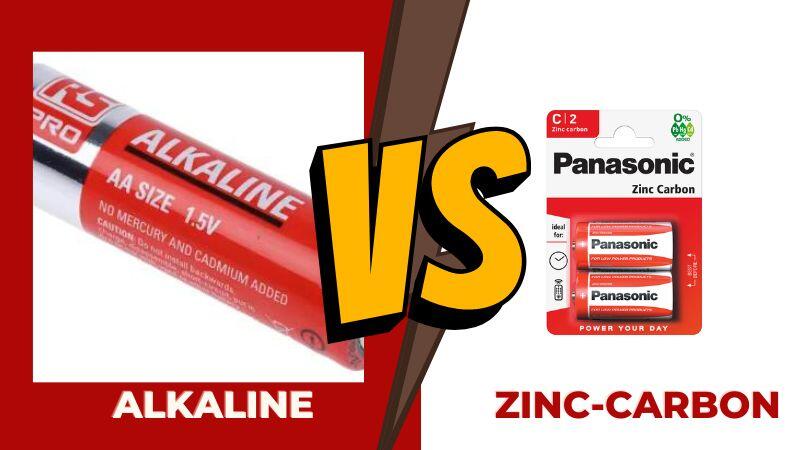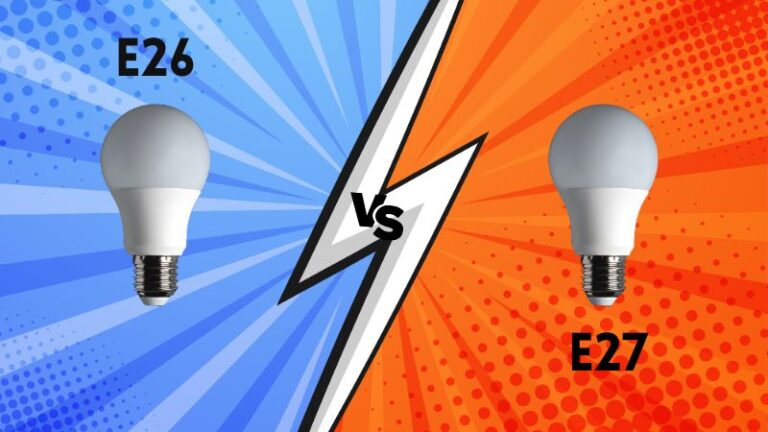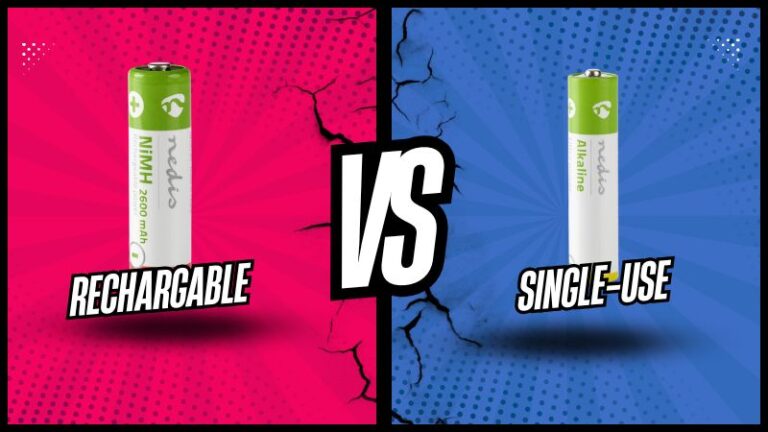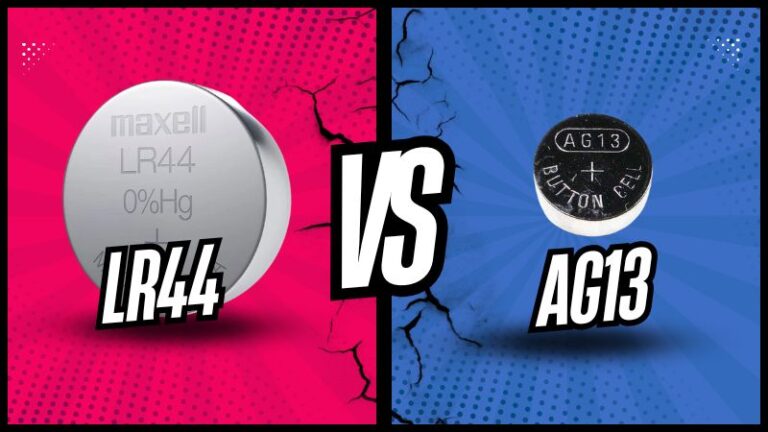Batteries have become an integral part of our daily lives. We rely on them to power a wide range of devices, from the small ones we carry around in our pockets to the larger ones that drive our cars. With so many different types of batteries available, it can be challenging to choose the right one for your needs. In this article, we will take a closer look at two of the most commonly used batteries – alkaline, and zinc carbon batteries – and explore their composition, performance, and cost. By understanding the differences between these two battery types, you can make an informed decision about which one is best suited for your specific needs.
Differences Between Alkaline and Zinc-Carbon Batteries
| Feature | Alkaline Batteries | Zinc Carbon Batteries |
|---|---|---|
| Composition | Alkaline electrolyte (potassium hydroxide), manganese dioxide cathode, zinc powder anode | Acidic electrolyte (ammonium chloride and zinc chloride), manganese dioxide cathode, zinc powder anode |
| Performance | Longer shelf life, higher energy density, more resistant to leakage | Shorter shelf life, lower energy density, more prone to leakage |
| Cost | More expensive | Cheaper |
| Capacity (mAh) | Varies depending on size and brand, typically range from 1000 to 3000 mAh | Varies depending on size and brand, typically range from 400 to 1500 mAh |
| Operating Temperature Range | -20°C to 54°C | -10°C to 50°C |
| Usage | Recommended for high-drain devices such as digital cameras, game controllers, and flashlights | Recommended for low-drain devices such as remote controls, wall clocks, and small toys |
| Discharge Curve | Steady discharge over time, maintains consistent voltage until depleted | Discharge curve drops rapidly after initial use, voltage decreases as battery drains |
| Availability | Widely available in most stores and online retailers | Less widely available, may be harder to find in some stores |
| Environmental Impact | Contains harmful materials such as potassium hydroxide and manganese dioxide, can be recycled | Contains harmful materials such as ammonium chloride and zinc chloride, can be recycled |
Composition
Alkaline batteries are made up of an alkaline electrolyte, typically potassium hydroxide, and a cathode made of manganese dioxide. The anode is typically made of zinc powder. The alkaline electrolyte is a more efficient conductor of electricity than the acidic electrolyte found in zinc carbon batteries.
Zinc-carbon batteries, on the other hand, have an acidic electrolyte made up of ammonium chloride and zinc chloride. The cathode is also made of manganese dioxide, while the anode is made of zinc powder. The acidic electrolyte in zinc carbon batteries is less efficient than the alkaline electrolyte found in alkaline batteries.
Check also – Alkaline vs Lithium Batteries: What are the Differences?
Performance
One of the primary differences between alkaline and zinc carbon batteries is their performance. Alkaline batteries typically have a longer shelf life and a higher energy density than zinc carbon batteries. This means that they can last longer and provide more power than zinc carbon batteries. Alkaline batteries are also more resistant to leakage and can be stored for longer periods without losing their charge.
Zinc carbon batteries, on the other hand, have a shorter shelf life and a lower energy density than alkaline batteries. They are also more prone to leaking, which can damage devices and cause safety hazards. Zinc-carbon batteries are typically cheaper than alkaline batteries, but they need to be replaced more frequently.
Cost
The cost of alkaline and zinc carbon batteries varies depending on the brand, size, and quantity. Alkaline batteries are generally more expensive than zinc carbon batteries, but they also last longer and provide more power. Zinc carbon batteries are cheaper but need to be replaced more frequently, which can add up over time.
Which one should you choose?
When choosing between alkaline and zinc carbon batteries, it ultimately comes down to your specific needs and preferences. If you need a battery that lasts longer and provides more power, then alkaline batteries are the better choice. If you don’t need as much power and want to save money, then zinc carbon batteries are a good option.
It’s important to keep in mind that both types of batteries can be recycled and should be disposed of properly to minimize their impact on the environment. Many local recycling programs accept both alkaline and zinc carbon batteries for recycling.
In conclusion, alkaline and zinc carbon batteries are two of the most common types of batteries on the market. While alkaline batteries have a longer shelf life and provide more power, they are also more expensive. Zinc carbon batteries are cheaper but need to be replaced more frequently. Ultimately, the choice between these two types of batteries depends on your specific needs and preferences.




